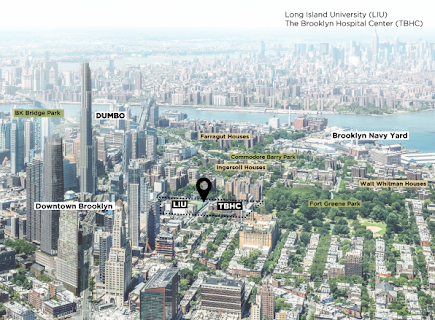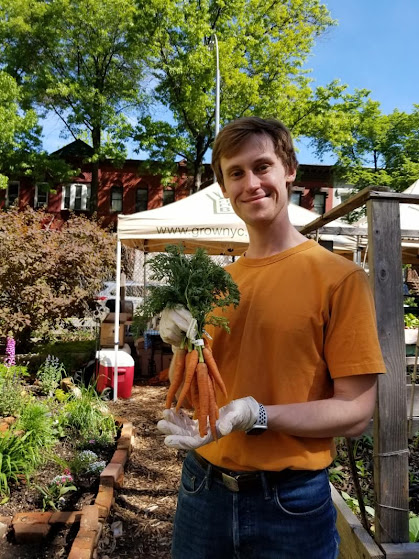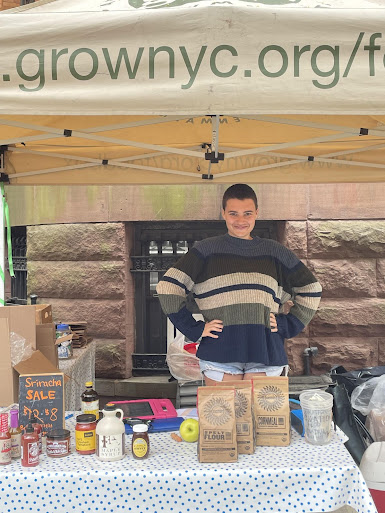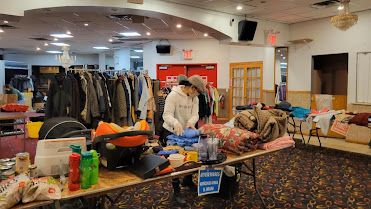Eric Lira Distributed Multiple Performance-Enhancing Drugs in an Effort to Corrupt the 2020 Tokyo Olympics
Damian Williams, the United States Attorney for the Southern District of New York, announced that defendant ERIC LIRA pled guilty today for his role in providing banned performance-enhancing drugs (“PEDs”) to Olympic athletes in advance of the 2020 Olympic Games held in Tokyo in the summer of 2021. LIRA is the first defendant to be charged under the Rodchenkov Anti-Doping Act, signed into law on December 4, 2020, which proscribes doping schemes for the purpose of influencing international sports competitions, including the Olympic Games. LIRA pled guilty before U.S. Magistrate Judge Valerie Figueredo.
U.S. Attorney Damian Williams said: “This conviction is a watershed moment for international sport. Lira provided banned performance-enhancing substances to Olympic athletes who wanted to corruptly gain a competitive edge. Such craven efforts to undermine the integrity of sport subverts the purpose of the Olympic games: to showcase athletic excellence through a level playing field. Lira’s efforts to pervert that goal will not go unpunished.”
According to the allegations contained in the Complaint, the Indictment, other filings in this case, and statements during court proceedings:
The charges in this case arise from an investigation of a scheme to provide Olympic athletes with PEDs, including drugs widely banned throughout competitive sports, such as human growth hormone and the “blood building” drug erythropoietin, in advance of and for the purpose of corrupting the 2020 Olympic Games, which convened in Tokyo in the summer of 2021. LIRA, who claims to be a “kinesiologist and naturopathic” doctor operating principally in and around El Paso, Texas, obtained unapproved versions of these, and other, prescription drugs from sources in Central and South America before bringing those drugs into the United States and distributing them to, among others, the two athletes referred to in the Indictment. Throughout the scheme, LIRA and an athlete competing for Nigeria communicated via encrypted electronic communications regarding the sale, shipment, and use of LIRA’s illegal drugs and specifically discussed the “testability” of those drugs by anti-doping authorities. LIRA separately communicated with an athlete competing for Switzerland, also via encrypted electronic communications, discussing the use of human growth hormone and erythropoietin. Both athletes tested positive for prohibited substances, and in both cases, LIRA directly and indirectly advised that the athletes should blame the positive drug test on contaminated meat, knowing full well that the drug tests had accurately detected the presence of banned, performance-enhancing drugs.
LIRA is the first defendant charged and convicted pursuant to the recently enacted Rodchenkov Act. On December 4, 2020, the Rodchenkov Act was signed into law, Pub. L. 116-206, and incorporated into Title 21 of the United States Code at sections 2401 through 2404. The Rodchenkov Act prohibits any person, other than an athlete, to knowingly carry into effect, attempt to carry into effect, or conspire with any other person to carry into effect a scheme in commerce to influence by use of a prohibited substance or prohibited method any major international sports competition. 21 U.S.C. § 2402.
LIRA, 43, of El Paso, Texas, pled guilty to violating the Rodchenkov Act, which carries a maximum potential sentence of 10 years in prison.
The maximum potential sentence is prescribed by Congress and is provided here for informational purposes only, as any sentencing of the defendant will be determined by a judge.
Mr. Williams praised the outstanding investigative work of the Federal Bureau of Investigation (“FBI”) and the FBI’s Integrity in Sports and Gaming Initiative. Mr. Williams also thanked the United States Anti-Doping Agency for their support of this investigation.















